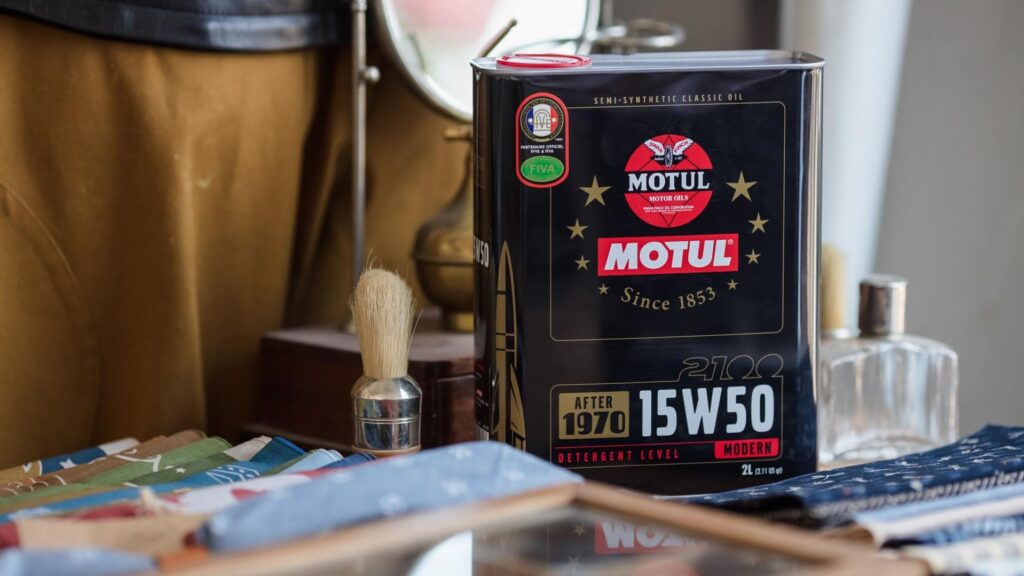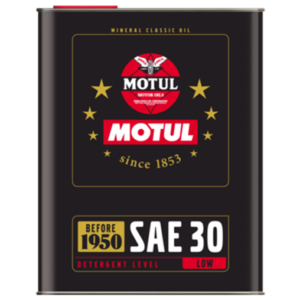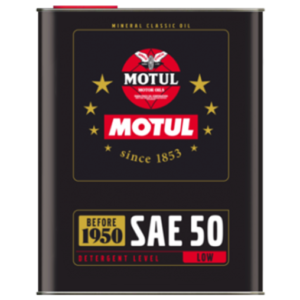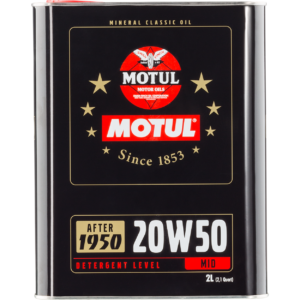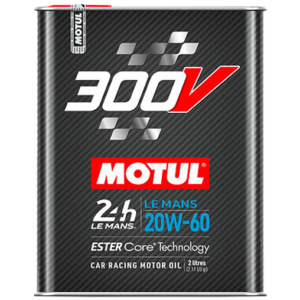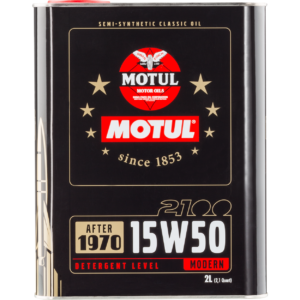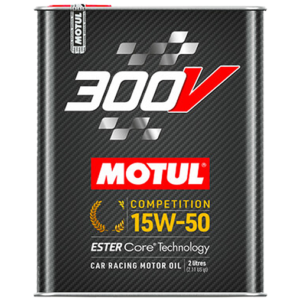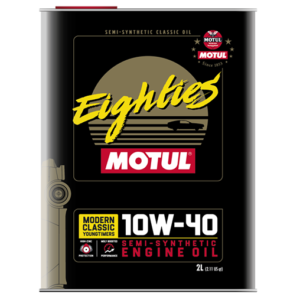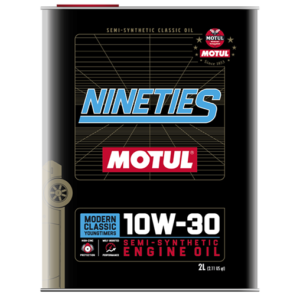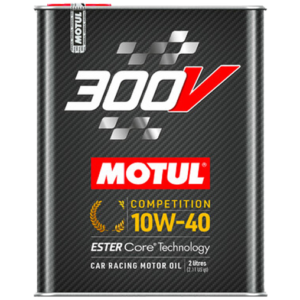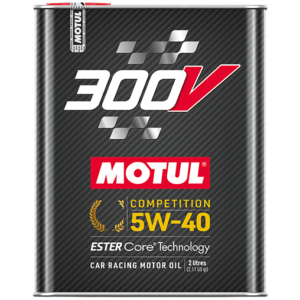Caring for Classics, Products, Service
What engine oil is best for your classic car?
Choosing engine oil for your classic car can be a real mine field. There are so many different brands, types and formulations that it is difficult to choose. Infact, there is so much conflicting information available googling it can make you more confused than less!
Here at Project Shop we carry out over 250 oil changes every year on cars that span the complete history of the motor vehicle. So let us guide you through choosing engine oil best for your classic car.
What is the difference between Synthetic and Mineral oil?
The oil in the can that you will put in your engine is a formulation of a base oil and various additives that make the oil perform correctly under a specific set of conditions. The base oil in a mineral oil is refined from a fraction of crude oil. Effectively the process removes the impurities to make a particular lubricant.
Making synthetic base oil however is a more controlled process. It is made by taking that same fraction of crude oil and subjecting it to chemical synthesis. This produces a more uniform and stable product. Its benefits are that it:
- Provides better protection and reduces wear
- Has an improved viscosity index which means that it works over a wider temperature range
- Has higher thermal resistance, so does not degrade as quickly leading to longer change cycles
- Does not oxidise as rapidly, so does not create the same level of deposits and sludge
- Has reduced volatility which results in lower oil consumption
Synthetic oil first burst onto the market in the early 80’s and owners of old cars found that they created oil leaks. This was because early synthetic oils tended to degrade rubber seals and paper gaskets. With constant research and development this no longer happens, but engine oil is not just a choice between Synthetic and Mineral.
It’s not all about mineral and synthetic
Before choosing engine oil, it is really important to understand what weight of oil your engine was designed to use. It is that fact that will determine whether an oil is suitable for your vehicle. Luckily that is pretty easy on Classic Cars.
1900 to 1950 (including cars with mesh oil filters such as early VW’s and Porsche’s)
These cars use a single weight oil either SAE 30 or SAE 50. It is only available as a mineral oil, so your decision is made!
1950 to 1970 (including non-performance cars to 1980)
These cars used a 20w-50 multigrade engine oil. Multigrade oils are designed to be thinner when cold, offering more protection when you first turn the key and maintaining good oil pressure at high engine temperatures.
Multigrades are available as both Synthetic and Mineral formulations. In most road stressed classic engines a frequently changed, quality mineral oil is perfect. It is cheap, degrades relatively slowly and is exactly what your engine was designed to run on. However if you have a recently rebuilt engine and are using the car for high pressure and temperature environments such as:
- Circuit racing
- Rallys
- Prolonged motorway use
- Countries with high ambient temperatures
Performance cars from 1970
MOTUL was the first lubricant company to start developing synthetic oils for road use. A new breed of performance cars from Germany and Japan pushed forward the need for more robust lubricants. BMW’s, Porsche and Datsun’s ran a thinner 15w/50 semi-synthetic multigrade. Again, for cars with basic road use a quality, semi-synthetic engine oil is perfect, but for high stress use a fully synthetic oil will give better protection and increase change cycles from 1 to 2 years.
80’s and 90’s
As engine and filtration technology really began to develop and emission control started to be introduced, the formulation of engine oil became really important. Multi-valve engines, fuel injection and catalytic converters all pushed engine oil to be:
- More stable at temperature and pressure
- Be cleaner
- Have specific additives to address protecting their more exotic construction
Here at Project Shop we tend to use a specially formulated semi-synthetic for road car use, but track cars really do need a fully synthetic race oil such as MOTUL 300V.
In conclusion
If your car was produced after 1950, synthetic oil is simply better. It has been carefully formulated to be as good as it can possibly be. However, it is often an unnecessary expense, especially in road cars manufactured between 1950 and 1980. Here your best option is a good quality mineral or semi-synthetic oil changed every year.

